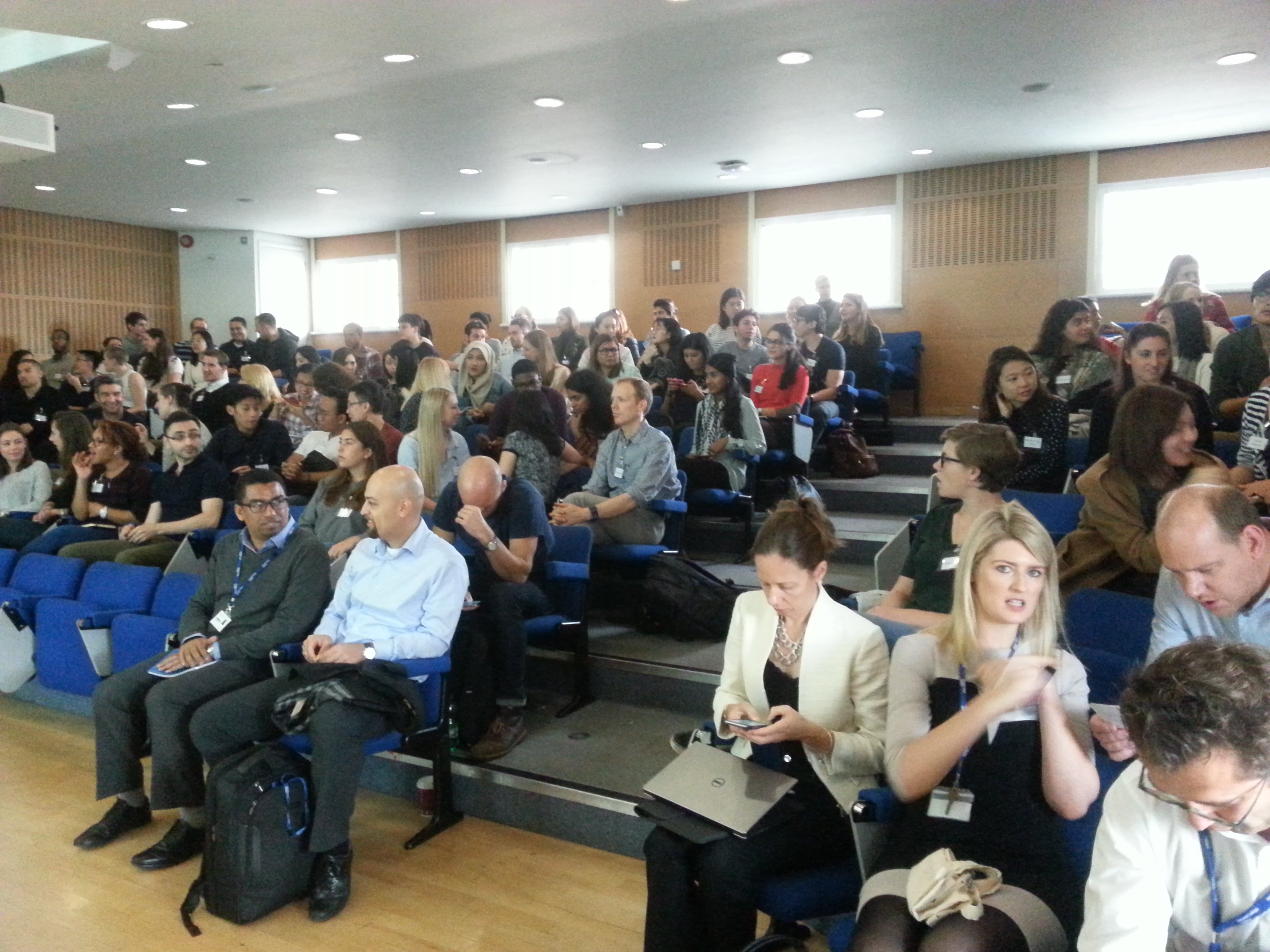The flu vaccine may reduce the likelihood of being hospitalised with stroke and heart failure in people with type 2 diabetes, according to new research. The study from Imperial College London also found the patients who received the influenza vaccination had a 24 per cent lower death rate in the flu season compared to patients who weren’t vaccinated.
The team, who published their findings in CMAJ (Canadian Medical Association Journal) studied 123,503 UK adults with type 2 diabetes between 2003 and 2010. Around 65 per cent of these patients received the flu vaccine. We found that, compared to patients who had not been vaccinated, those who received the jab had a 30 per cent reduction in hospital admissions for stroke, 22 per cent reduction in heart failure admissions and 15 per cent reduction in admissions for pneumonia or influenza. Furthermore, people who were vaccinated had a 24 per cent lower death rate than patients who were not vaccinated.
We also found a 19 per cent reduction in hospital admissions for heart attack among vaccinated type 2 diabetes patients during the flu season, but this finding was not statistically significant.
Dr Eszter Vamos, lead author of the study from the School of Public Health at Imperial, said: “Most flu deaths every year occur in people with pre-existing health conditions such as type 2 diabetes. This study suggests the vaccine may have substantial benefits for patients with long-term conditions. Not only might it help reduce serious illness such as stroke – and possibly heart attack – in high-risk individuals, but it may also reduce the risk of death in the flu season. Currently more than one-third of people with diabetes do not receive their flu vaccine year-by-year in England. By increasing the number of people receiving influenza vaccine annually, we could further reduce the risk of severe illness not addressed by other measures.”
Type 2 diabetes results in a person being unable to control their blood sugar properly and affects around 2.7 million people in UK. People with the condition are at high risk of cardiovascular disease, which includes heart disease and stroke, possibly due to high blood sugar levels damaging blood vessels. Furthermore, flu infection has been found to increase the risk of heart attack or stroke in patients with cardiovascular disease, although scientists are unsure why.
In the UK the NHS offers the annual flu vaccine to children and adults with underlying health conditions such as type 2 diabetes, as well as to all over-65s and pregnant women.
Professor Azeem Majeed, co-senior author from the School of Public Health at Imperial added: “There are few studies looking at the effectiveness of the influenza vaccine in people with diabetes. Although there have been questions surrounding the effectiveness of the flu vaccine in recent years, this research demonstrates a clear advantage for people with diabetes. The findings of the study illustrate the importance of flu vaccine in reducing the risk of ill-health and death in people with long-term conditions. The flu vaccine is available free to these patients from GPs and pharmacists, and patients with diabetes should ensure they receive the vaccine every year.”
In the study, we looked at a representative sample of patients with type 2 diabetes in England. We then tracked these patients over a seven year period, and monitored the number of hospital admissions in this patient group for heart attack, stroke, heart failure, pneumonia, influenza. We also looked at the number of deaths. We then adjusted their figures for demographic and social factors, as well as existing health conditions.
The research was supported by the National Institute of Health Research North West London Collaboration for Leadership in Applied Health Research and Care Scheme and the NIHR Imperial Biomedical Research Centre.
Media Coverage
http://www.foxnews.com/health/2016/07/25/flu-vaccine-may-help-keep-diabetics-out-hospital.html
http://www.eurekalert.org/pub_releases/2016-07/cmaj-fvr072016.php
http://medicalxpress.com/news/2016-07-flu-vaccine-death-diabetes-patients.html
http://healthmedicinet.com/news/flu-vaccine-may-reduce-risk-of-death-for-type-2-diabetes-patients/
http://healthmedicinet.com/i/flu-vaccine-may-reduce-risk-of-death-for-type-2-diabetes-patients/
http://goo.gl/fTQPVI
http://www.reuters.com/article/us-health-diabetes-flu-shot-idUSKCN1051W7
http://www.bmj.com/content/354/bmj.i4130
http://www.doctorslounge.com/index.php/news/hd/65293
http://health.usnews.com/health-care/articles/2016-07-26/flu-shot-tied-to-fewer-hospitalizations-deaths-in-type-2-diabetes-patients
http://www.diabetes.co.uk/news/2016/jul/flu-jab-could-reduce-stroke-and-heart-failure-risks-in-type-2-diabetes-94994360.html
https://consumer.healthday.com/diabetes-information-10/type-ii-diabetes-news-183/flu-vaccine-tied-to-lower-deaths-hospitalizations-in-type-2-diabetes-patients-713085.html
http://www.asianage.com/life-and-style/flu-vaccine-may-help-keep-diabetics-out-hospital-619
http://timesofindia.indiatimes.com/life-style/health-fitness/health-news/Flu-vaccine-may-help-keep-diabetics-out-of-the-hospital/articleshow/53397756.cms
http://www.techtimes.com/articles/171345/20160726/flu-vaccine-lowers-heart-failure-and-stroke-related-hospitalization-rates-in-patients-with-type-2-diabetes.htm
http://gulftoday.ae/portal/3b35d484-2da8-43e2-95f6-b31481926376.aspx
Read Flu vaccine may reduce the risk of death and hospital admission in people with type 2 diabetes in full
